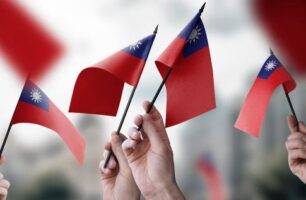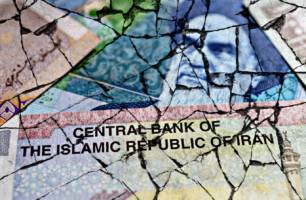
A Trillion Dollar Partnership: The Future of the Transatlantic Economy
Within this trillion-dollar partnership lies a complex history of agreements, conflicts, and transformative shifts that have altered its course throughout the years.

Within this trillion-dollar partnership lies a complex history of agreements, conflicts, and transformative shifts that have altered its course throughout the years.

On Jan. 13, Taiwanese voters elected William Lai, a member of the ruling Democratic Progressive Party and a separatist in the eyes of Beijing, to be their next president.
Experts discuss what Lai’s victory means for the island’s energy policy, cross-strait relations, and push for sovereignty.

Sanctions have long been a staple in US foreign policy,
on the assumption that they are an effective alternative to war in shaping the behavior of U.S. adversaries.
But a new book by Narges Bajoghli, Vali Nasr, Djavad Salehi-Isfahani, and Ali Vaez,
How Sanctions Work: The Impact of Economic Warfare on Iran,
demonstrates that punishing sanctions are not only ineffective, but actually counterproductive.

The first of February marked the third anniversary of the military coup that upended Myanmar’s decade of democracy in 2021 and plunged much of the country into open conflict.
Three years later, popular resistance,
from peaceful protests to armed insurgency, remains strong, particularly among communities in the country’s border regions,
where central control has been contested since Myanmar was a British colony.

There is a persistent perception that space is a lawless place.
Professor Steven Freeland,
Emeritus Professor of International Law at Western Sydney University and Professorial Fellow at Bond University,
joins us to explain why that is not the case.

INET President Robert Johnson and INET Research Director Thomas Ferguson draw disquieting parallels between the Lehman debacle and more recent episodes of financial deregulation,
including recent controversies over crypto and private equity.